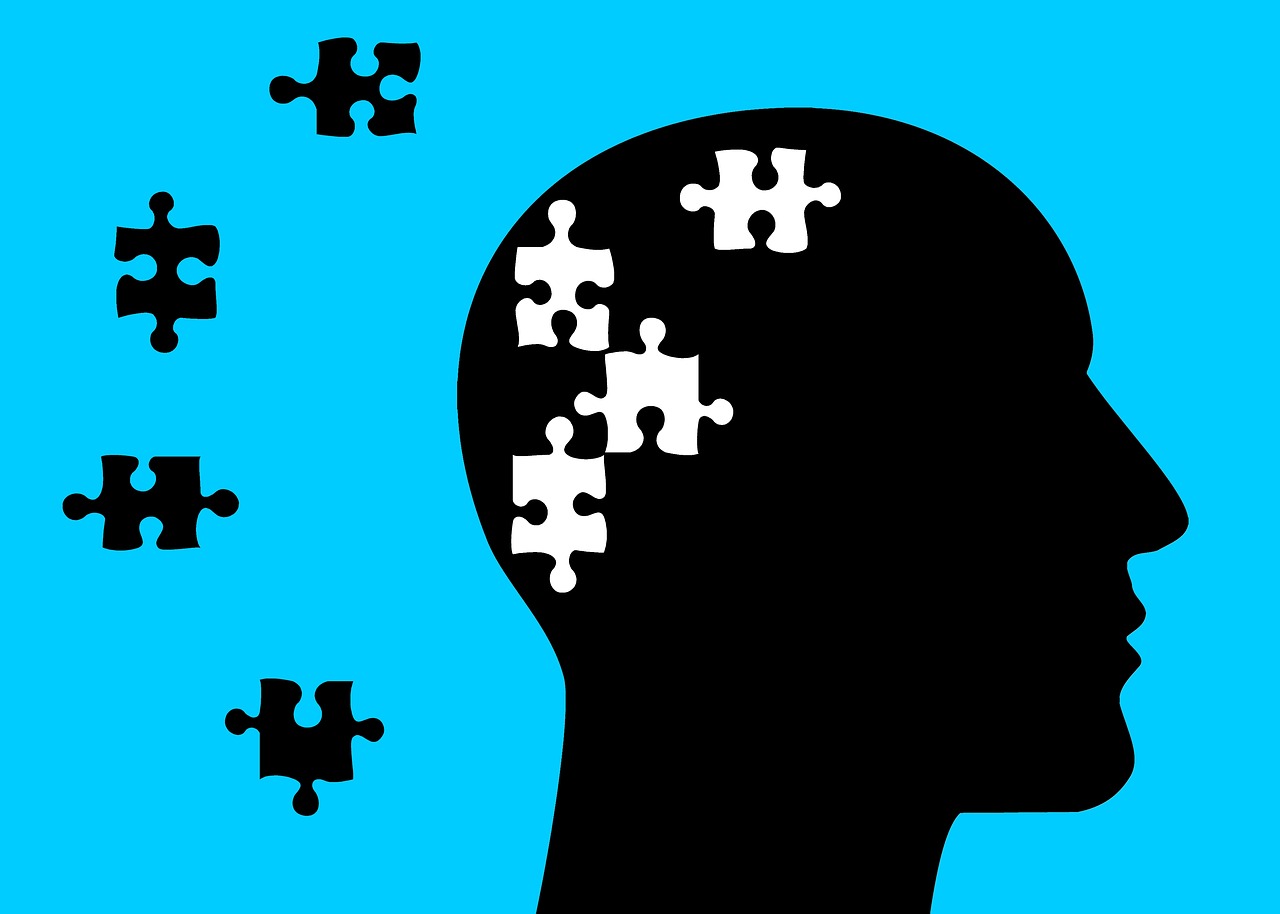
4 Life Stages That Affect Your Memory
4 Life Stages That Affect Your Memory
Summary
– Memory in children
– Memory during adolescence
– Memory in adulthood
– Memory in people over 65
Memory permits us to store information and retrieve it as needed, and it is beneficial at all stages of life: in childhood, youth, maturity, and senior years.
If our first two “life stages” make us work more on our memory, the next two do not necessarily allow us to use it enough to keep it alert.
In these last two cases, we must take special care to do exercises to work our neurons and boost our memory to avoid certain problems.
Memory in children

Children use their memory as soon as they start to become aware of their environment. Discovering a world of shapes, colors, and smells, they tend to memorize what surrounds them as they learn.
This memorization develops all the more as they begin their schooling and socialization.
As soon as they enter the early grades, they learn a language, and the memorization process begins.
A child learns to observe everything around him and to memorize. He learns at school thanks to his cognitive faculties and especially his ability to remember; it is at an age where memory works very well. It has been observed that children can quickly learn a foreign language, and there are more and more classes introducing children to a foreign language before middle school.
Memory during adolescence
The teenage years are, without a doubt, the time when everyone’s memory is running at full speed:
– Indeed, it is very solicited, making it more productive since the memory works better the more frequently it is solicited.
– The physical and psychic cells are growing and have more facilities for the work of the body and mind.
Therefore, adolescence is when the child develops a “method” of learning to work efficiently and memorize, not only in the short term but also in the long term, for exams and his professional life.
Memorization, in adolescence, involves new processes of knowledge acquisition:
– development of attention and concentration,
– development of the spirit of logic: beneficial for mathematics and formulas of physics and chemistry,
– develop the spirit of synthesis: learning is no longer enough; it is necessary to understand and bring out the information at the right moment.
The memory of adulthood
The adult age that we mention here corresponds, within the framework of this section, to a population going from the age of entry into active life to the age of retirement.
We can divide this population into two categories:
– working people in manual jobs,
– the working people with intellectual jobs.
Memory and manual employment

If it involves intellectual faculties such as creation, concentration, attention, manual work will, on the whole, involve less memory than a job described as academic.
We often classify manual jobs such as craftsmen – masons, plumbers… – shopkeepers, salesmen under this heading. We will add, in this category, homemakers, mothers of families. The people in this category occupy functions that can call upon their memory but only on a small scale.
We, therefore, call “manual” jobs that call on intellectual capacities, but where these play a lesser role in the realization/conception of the work as a whole than for jobs described as intellectual.
Intellectual jobs and memory

Jobs that are more intellectual than manual can be divided into two groups:
– those who call, daily, on cognitive abilities: reflection, study, research,
– those that use these functions more episodically. Some jobs in the service sector call more on mechanisms that have become “automatisms”, which are intellectual tasks performed mechanically.
Good to know: we can therefore say that, paradoxically, some so-called “manual” jobs are more conducive to intellectual exercises than some so-called “intellectual” jobs.
It is, therefore, necessary to find out where we stand, as far as the functioning of our grey cells is concerned, by asking ourselves some questions:
– Do we use reflection, concentration, and logic in our daily work?
– Do we call upon memories of our past learning (language, general culture, learned formulas,…)?
– Does our memory seem to be working at a fast pace when we ask for it?
A small diagnosis can help us to situate ourselves. It is also necessary to evaluate free time because some people use their memory very little at work but compensate for this deficiency during their leisure time.
Memory in people over 65

How can we not “forget” our memory?
When we retire, we turn the page on our professional life. However, we must not neglect to exercise our neurons if we want to avoid memory problems.
Some retirees are very active and claim never to be bored. However, their memory plays tricks on them. Why do they do this? Because they don’t work hard enough.
We can have a busy schedule between family, outings, and trips but not have enough activities on the program to preserve our memory.
Here are a few ideas:
– Choose crossword puzzles, arrow puzzles, or reading over watching too much television;
– If you like to watch television, choose general knowledge games or cultural programs;
– Get enough exercise to oxygenate your brain;
– make sure you eat a “dietetically correct” diet (olive oil, but also nuts, rapeseed, hemp, flax, etc.) – whole grains, legumes, oily fruits, fatty fish, and red fruits);
– Pay attention to the quality of your sleep;
– discuss current affairs or general knowledge with your grandchildren…
Good to know: consuming turmeric would help improve people’s memory over 60 years old, and significant effects have been noted on cognitive abilities after three months of daily consumption.
You May Also Like

What Are The Uses Of Demineralised and Deionized Water?
2023-08-29
How the Weather Affects Our Mood According to Science
2023-10-25



2 Comments
Pingback:
Pingback: